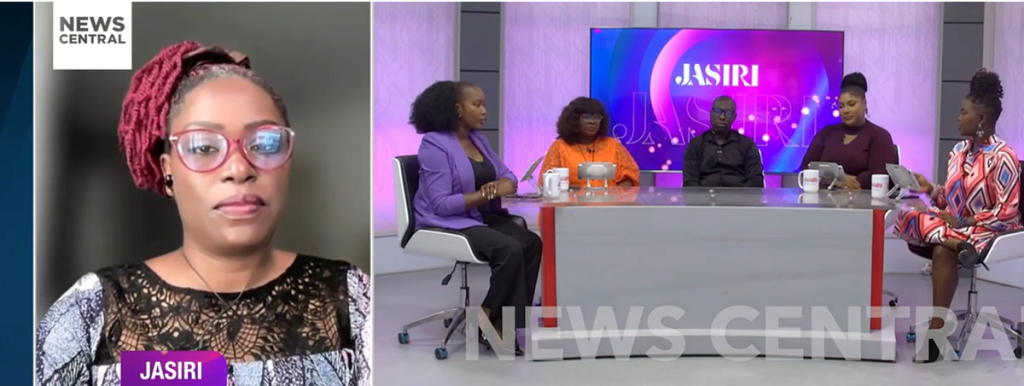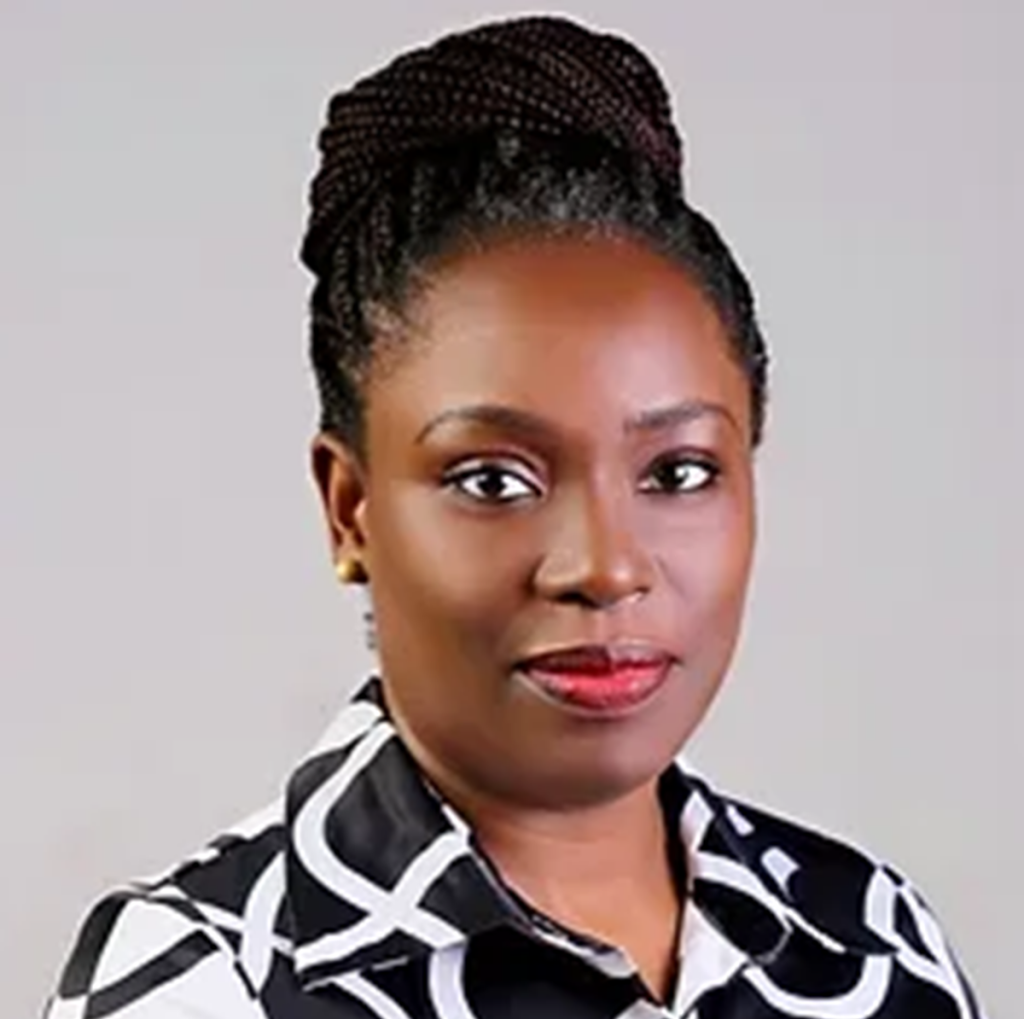Mr Mojeed Alabi, Head of the Development Desk at Premium Times and Chairman of the Education Writers Association of Nigeria has declared that the country doesn’t have a sound educational system.
His remark follows the Nigerian Government’s recent decision to prohibit candidates under 18 from taking the West African Senior School Certificate Examination (WASSCE) and the National Examination Council (NECO) exams.
Professor Tahir Mamman, the Minister of Education, announced this new age policy on live TV, setting the minimum age for secondary school leaving exams at 18. As a result, underage students will now be barred from sitting in the WASSCE and NECO, which are crucial for advancing to higher education.

Speaking on News Central‘s show, JASIRI, Alabi argued that Nigerians have managed to bypass this regulation because the Ministry of Education has not addressed the underlying issues that prompt parents to enrol their children at a younger age. He explained that due to the unpredictability of graduation times in many Nigerian schools, parents often find ways to navigate around the system.
“Somebody is not sure as to when he’ll graduate and that person is trying to defeat that system because he or she cannot afford a private university. You need to consider the fact that when you even graduate after being delayed by crises on campuses, unions going on strike, etc, you still have to cope with conditions attached to job recruitment,” he said.
In a comparison of educational systems between developed countries and Nigeria, Mojeed Alabi described the Joint Admissions and Matriculation Board (JAMB) as an unnecessary institution. He pointed out that JAMB exists in Nigeria due to specific conditions that make its role necessary.
Responding to recent developments in the educational sector, Dr Joy Isa, an education consultant and President of Isa School of Education, remarked that children tend to perform better academically when they are older.

When asked about the psychological impact of university entry before the age of 18, Dr Isa suggested that Nigeria needs to reassess its entry criteria more critically. She agreed that preventing children under six from starting primary school is justified but emphasised the need for a well-defined curriculum for early years education in Nigeria.
“What are the children supposed to be doing in pre-schools?” she asked.
She mentioned that most of the teachers who handle daycare are unqualified and have no curriculum to work with.
She faulted the current educational system, saying that when children are not taught the right skills needed to engage with more “complex phenomena”, it poses a problem in later life.
Watch the full clip below:


